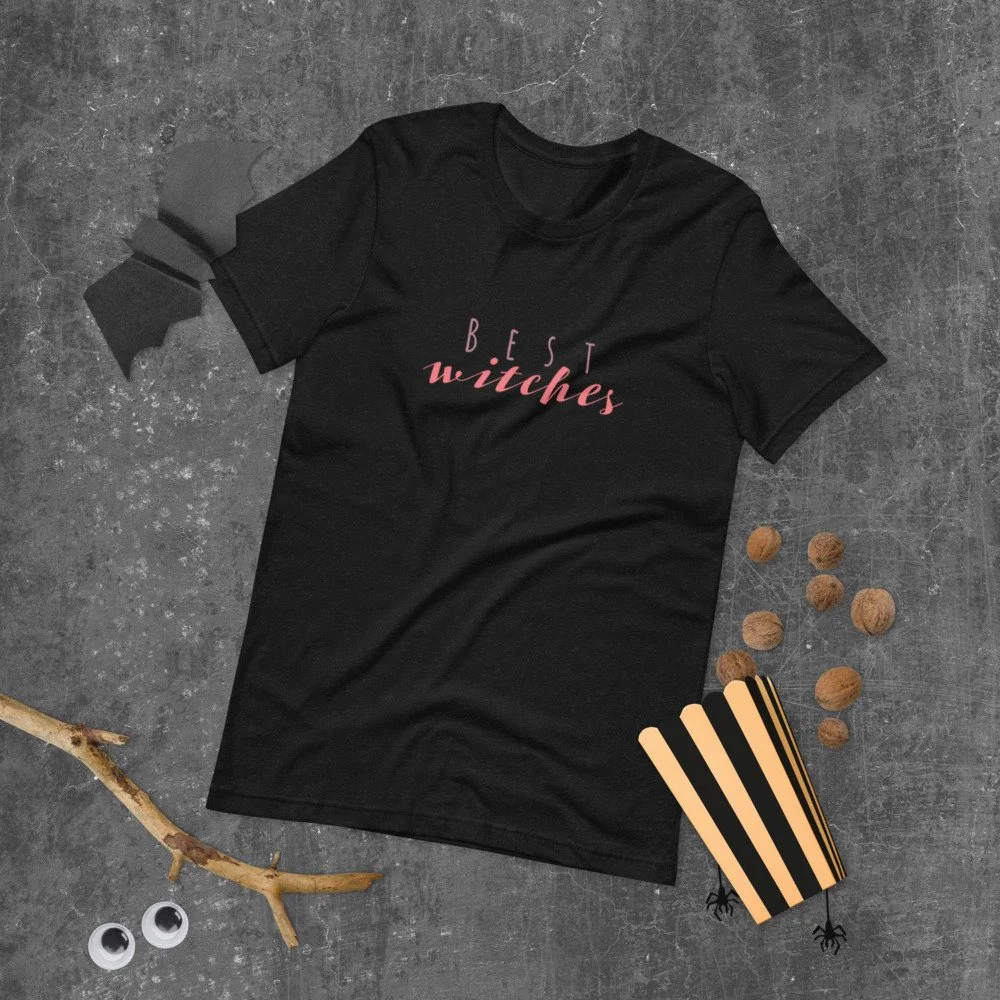CBP Works to Ensure Valentine’s Day Flowers Are Pest-Free
U.S. Customs and Border Protection
WASHINGTON (News Release) – U.S. Customs and Border Protection agriculture specialists across the United States are busy tapping and shaking cut flower shipments to ensure Valentine’s Day flowers are safe for the American public.
Valentine’s Day, Mother’s Day, and the Easter holiday weekends are the busiest times of the year for CBP
Agriculture Specialists.
“With the high demand for flowers during Valentine’s Day, the number of flower shipments will increase significantly during the season, making it a very busy time for CBP agriculture specialists,” said John Sagle, CBP Acting Executive Director of Agriculture Programs and Trade Liaison. “Even during COVID, there has been no slowing in the number of flowers being imported. Our agriculture specialists are standing ready on the front lines ensuring that imported floral arrangements are free from insects, pests and diseases.”
Traditionally, Valentine’s Day, Mother’s Day, and the Easter holiday weekend are the busiest times of the year for CBP agriculture specialists. CBP agriculture specialists are the last line in the fight against the introduction of insects, pests and diseases into the United States. In January 2022 alone, they inspected more than 382,000 shipments of cut flowers from Europe, Africa and South America, intercepting 628 significant pests of varying species.
At more than 497,700,000 stems, the highest number of flower stems come from Colombia, most being shipped through the Miami International Airport. The most popular flowers include roses, mixed bouquets, and chrysanthemums.
While it is not illegal to import flowers from other countries, certain flowers and plant materials commonly found in floral arrangements are restricted because they may carry plant pests and diseases that can cause damage to U.S. agriculture. A single pest could cause millions of dollars of damage to the nation’s crops. According to the Animal and Plant Health Inspection Service, the Noctuidae family, or owlet moths, for example, include more than 35,000 known species that are reported to feed on a range of herbs, shrubs, and trees, including crop plants such as bean and corn.
A CBP Agriculture Specialist inspects flower buds
for pests.
CBP recommends that people who wish to import flowers, plant materials, and other agricultural items consult the CBP Information Center section on the CBP website before they travel, or call (877) 227-5511. Travelers should also declare all items acquired abroad to CBP officers to avoid civil or criminal penalties and reduce the risk of introducing pest and disease to the United States. CBP now offers the CBP One mobile app, which allows travelers to request a variety of CBP services, including inspection of agricultural products. The CBP One app can be downloaded for free from the Apple App Store or Google Play.




